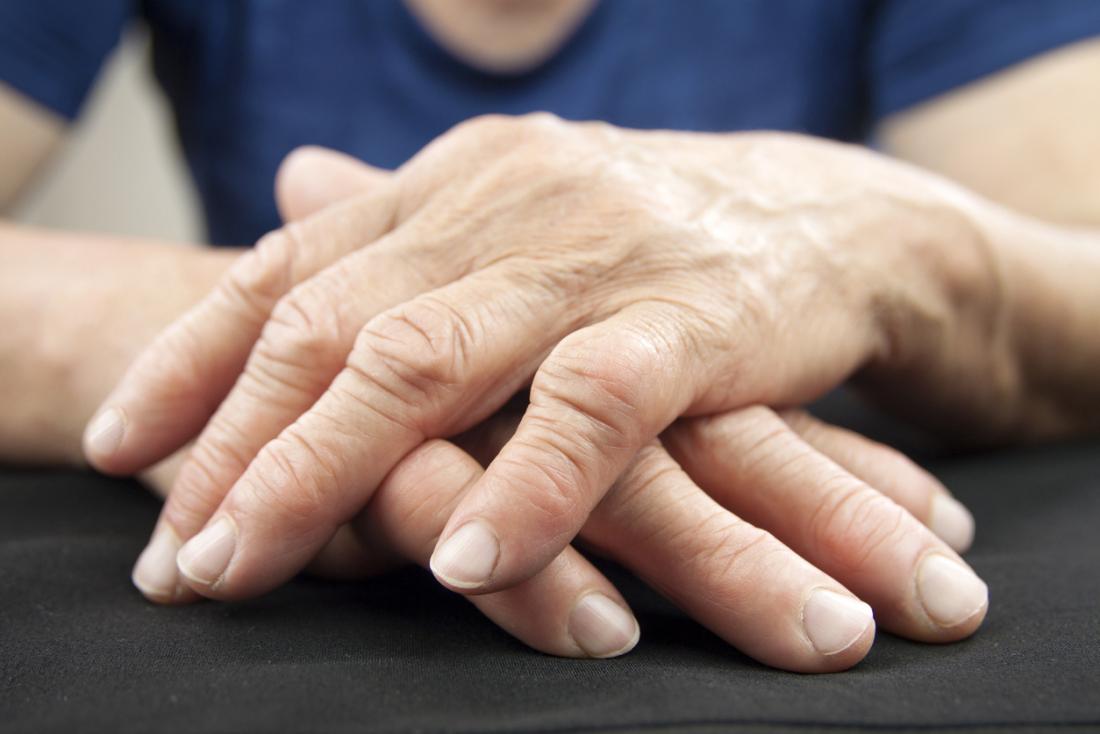|
0 Comments
An essential primer to autoimmune conditions - starting with rheumatoid arthritis ... check it out!
Painful periods – otherwise known as “dysmenorrhea” in the medical world – are extremely common, so when should you worry about an underlying condition?
Over 60% of women in Canada suffer from dysmenorrhea, while 10-15% of reproductive age women are affected by a condition called endometriosis which often presents with painful menses. What is endometriosis? Endometriosis is a condition where endometrial tissue, which is normally limited to the inside of the uterus, grows elsewhere. This can result in uterine tissue on the fallopian tubes and ovaries, and can even extend to other areas within the abdomen. Uterine tissue is sensitive to hormonal changes throughout the cycle so that it can grow and be shed each month. When this tissue grows and sheds outside the uterus, this can lead to immensely painful periods. As endometriosis progresses, pain can also occur throughout the whole month. Additional symptoms can include pain with intercourse, painful defecation, painful urination, and intermenstrual bleeding (bleeding between periods), as well as infertility. Women with endometriosis can vary in presentation, with some having all of the above symptoms, and others having none. Women who are asymptomatic often only discover their endometriosis when they begin to struggle with infertility. Fertility is often disrupted with endometriosis because the tissue deposits on fallopian tubes and ovaries can interfere with their optimal function. Hormone irregularity can also contribute to infertility. What causes endometriosis? The cause of endometriosis is still unknown but there are a couple current hypotheses. One possible explanation is called retrograde menstruation, where the endometrial lining flows back through the fallopian tubes and into the pelvic space, instead of out through the vagina. Another hypothesis is that the endometrial tissue deposits are from tissue remnants that did not properly differentiate during fetal development. How is endometriosis diagnosed? The process of diagnosis will include ruling out other conditions that can cause pelvic pain, and likely a transvaginal ultrasound. Diagnosis of endometriosis can be challenging because currently the only way to confirm its presence is by surgical laparoscopy and visualization of the abdominal cavity. There is a protein called CA-125 that can be measure in blood, which can be indicative of endometriosis. Levels tend to be significantly higher in those with endometriosis, but not consistently enough to be used for diagnosis. Who is at risk for endometriosis? However, there are certain risk factors that can increase the likelihood of having endometriosis. A younger age at first menstruation, short menstrual cycle lengths, and lack of pregnancy have all been correlated to an increased risk for the disease. This suggests a role of estrogen dominance in the development of endometriosis, as estrogen levels are higher than normal in these women. Inflammation has also been seen as a contributing factor in endometriosis. Physical activity and omega-3 fatty acids can help decrease inflammation, and furthermore decrease risk. How is endometriosis treated? Conventional treatment for endometriosis usually consists of non-steroidal anti-inflammatory drugs (NSAIDs) to control pain and oral contraceptive pills (OCPs). There is a decreased risk of endometriosis with current use of OCPs, but an increased risk with past use. This suggests a suppression of symptoms that reappear with discontinuation of OCPs. Naturopathic treatments focus on reducing oxidative stress, inflammation, and balancing hormones. Dietary changes, acupuncture, botanicals and nutritional supplements can all be used to effectively manage endometriosis. If you are struggling with painful periods or any of the symptoms listed above, consult your naturopathic or family doctor to see if endometriosis could be the cause. References
|
AuthorThe official blog of our fabulous Tuesday night clinic group at the Robert Schad Naturopathic Clinic. Come pay us a visit! Archives
August 2021
Categories |



 RSS Feed
RSS Feed
